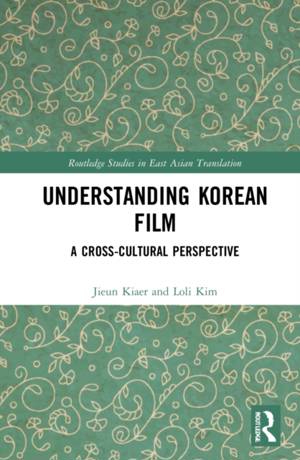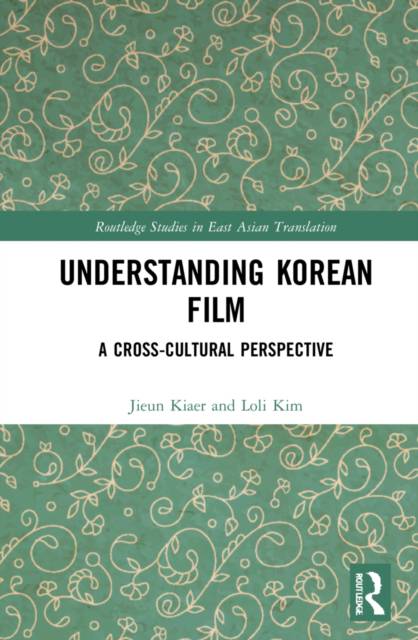
- Retrait gratuit dans votre magasin Club
- 7.000.000 titres dans notre catalogue
- Payer en toute sécurité
- Toujours un magasin près de chez vous
- Retrait gratuit dans votre magasin Club
- 7.000.0000 titres dans notre catalogue
- Payer en toute sécurité
- Toujours un magasin près de chez vous
Description
Film viewing presents a unique situation in which the film viewer is unwittingly placed in the role of a multimodal translator, finding themselves entirely responsible for interpreting multifaceted meanings at the mercy of their own semiotic repertoire. Yet, researchers have made little attempt, as they have for literary texts, to explain the gap in translation when it comes to multimodality. It is no wonder then that, in an era of informed consumerism, film viewers have been trying to develop their own toolboxes for the tasks that they are faced with when viewing foreign language films by sharing information online. This is particularly the case with South Korean film, which has drawn the interest of foreign viewers who want to understand these untranslatable meanings and even go as far as learning the Korean language to do so.
Understanding Korean Film: A Cross-Cultural Perspective breaks this long-awaited ground by explaining the meaning potential of a selection of common Korean verbal and non-verbal expressions in a range of contexts in South Korean film that are often untranslatable for English-speaking Western viewers. Through the selection of expressions provided in the text, readers become familiar with a system that can be extended more generally to understanding expressions in South Korean films. Formal analyses are presented in the form of in-depth discursive deconstructions of verbal and non-verbal expressions within the context of South Korea's Confucian traditions. Our case studies thus illustrate, in a more systematic way, how various meaning potentials can be inferred in particular narrative contexts.
Spécifications
Parties prenantes
- Auteur(s) :
- Editeur:
Contenu
- Nombre de pages :
- 248
- Langue:
- Anglais
- Collection :
Caractéristiques
- EAN:
- 9780367546205
- Date de parution :
- 30-11-21
- Format:
- Livre relié
- Format numérique:
- Genaaid
- Dimensions :
- 156 mm x 234 mm
- Poids :
- 557 g

Les avis
Nous publions uniquement les avis qui respectent les conditions requises. Consultez nos conditions pour les avis.






